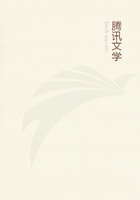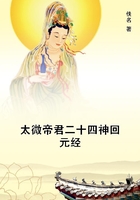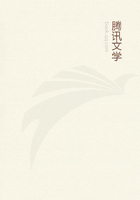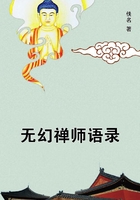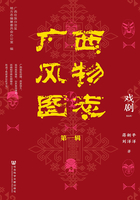Nor is it only in their intelligence that they suffer. Their moral capacities are equally stunted. Wherever the sphere of action of human beings is artificially circumscribed, their sentiments are narrowed and dwarfed in the same proportion. The food of feeling is action: even domestic affection lives upon voluntary good offices. Let a person have nothing to do for his country, and he will not care for it. It has been said of old, that in a despotism there is at most but one patriot, the despot himself; and the saying rests on a just appreciation of the effects of absolute subjection, even to a good and wise master. Religion remains: and here at least, it may be thought, is an agency that may be relied on for lifting men's eyes and minds above the dust at their feet. But religion, even supposing it to escape perversion for the purposes of despotism, ceases in these circumstances to be a social concern, and narrows into a personal affair between an individual and his Maker, in which the issue at stake is but his private salvation. Religion in this shape is quite consistent with the most selfish and contracted egoism, and identifies the votary as little in feeling with the rest of his kind as sensuality itself.
A good despotism means a government in which, so far as depends on the despot, there is no positive oppression by officers of state, but in which all the collective interests of the people are managed for them, all the thinking that has relation to collective interests done for them, and in which their minds are formed by, and consenting to, this abdication of their own energies. Leaving things to the Government, like leaving them to Providence, is synonymous with caring nothing about them, and accepting their results, when disagreeable, as visitations of Nature. With the exception, therefore, of a few studious men who take an intellectual interest in speculation for its own sake, the intelligence and sentiments of the whole people are given up to the material interests, and, when these are provided for, to the amusement and ornamentation, of private life. But to say this is to say, if the whole testimony of history is worth anything, that the era of national decline has arrived: that is, if the nation had ever attained anything to decline from. If it has never risen above the condition of an Oriental people, in that condition it continues to stagnate. But if, like Greece or Rome, it had realised anything higher, through the energy, patriotism, and enlargement of mind, which as national qualities are the fruits solely of freedom, it relapses in a few generations into the Oriental state. And that state does not mean stupid tranquillity, with security against change for the worse; it often means being overrun, conquered, and reduced to domestic slavery, either by a stronger despot, or by the nearest barbarous people who retain along with their savage rudeness the energies of freedom.
Such are not merely the natural tendencies, but the inherent necessities of despotic government; from which there is no outlet, unless in so far as the despotism consents not to be despotism; in so far as the supposed good despot abstains from exercising his power, and, though holding it in reserve, allows the general business of government to go on as if the people really governed themselves.
However little probable it may be, we may imagine a despot observing many of the rules and restraints of constitutional government. He might allow such freedom of the press and of discussion as would enable a public opinion to form and express itself on national affairs. He might suffer local interests to be managed, without the interference of authority, by the people themselves. He might even surround himself with a council or councils of government, freely chosen by the whole or some portion of the nation; retaining in his own hands the power of taxation, and the supreme legislative as well as executive authority. Were he to act thus, and so far abdicate as a despot, he would do away with a considerable part of the evils characteristic of despotism. Political activity and capacity for public affairs would no longer be prevented from growing up in the body of the nation; and a public opinion would form itself not the mere echo of the government. But such improvement would be the beginning of new difficulties. This public opinion, independent of the monarch's dictation, must be either with him or against him; if not the one, it will be the other. All governments must displease many persons, and these having now regular organs, and being able to express their sentiments, opinions adverse to the measures of government would often be expressed. What is the monarch to do when these unfavourable opinions happen to be in the majority? Is he to alter his course? Is he to defer to the nation? If so, he is no longer a despot, but a constitutional king; an organ or first minister of the people, distinguished only by being irremovable. If not, he must either put down opposition by his despotic power, or there will arise a permanent antagonism between the people and one man, which can have but one possible ending. Not even a religious principle of passive obedience and "right divine" would long ward off the natural consequences of such a position. The monarch would have to succumb, and conform to the conditions of constitutional royalty, or give place to some one who would. The despotism, being thus chiefly nominal, would possess few of the advantages supposed to belong to absolute monarchy; while it would realise in a very imperfect degree those of a free government; since however great an amount of liberty the citizens might practically enjoy, they could never forget that they held it on sufferance, and by a concession which under the existing constitution of the state might at any moment be resumed; that they were legally slaves, though of a prudent, or indulgent, master.

